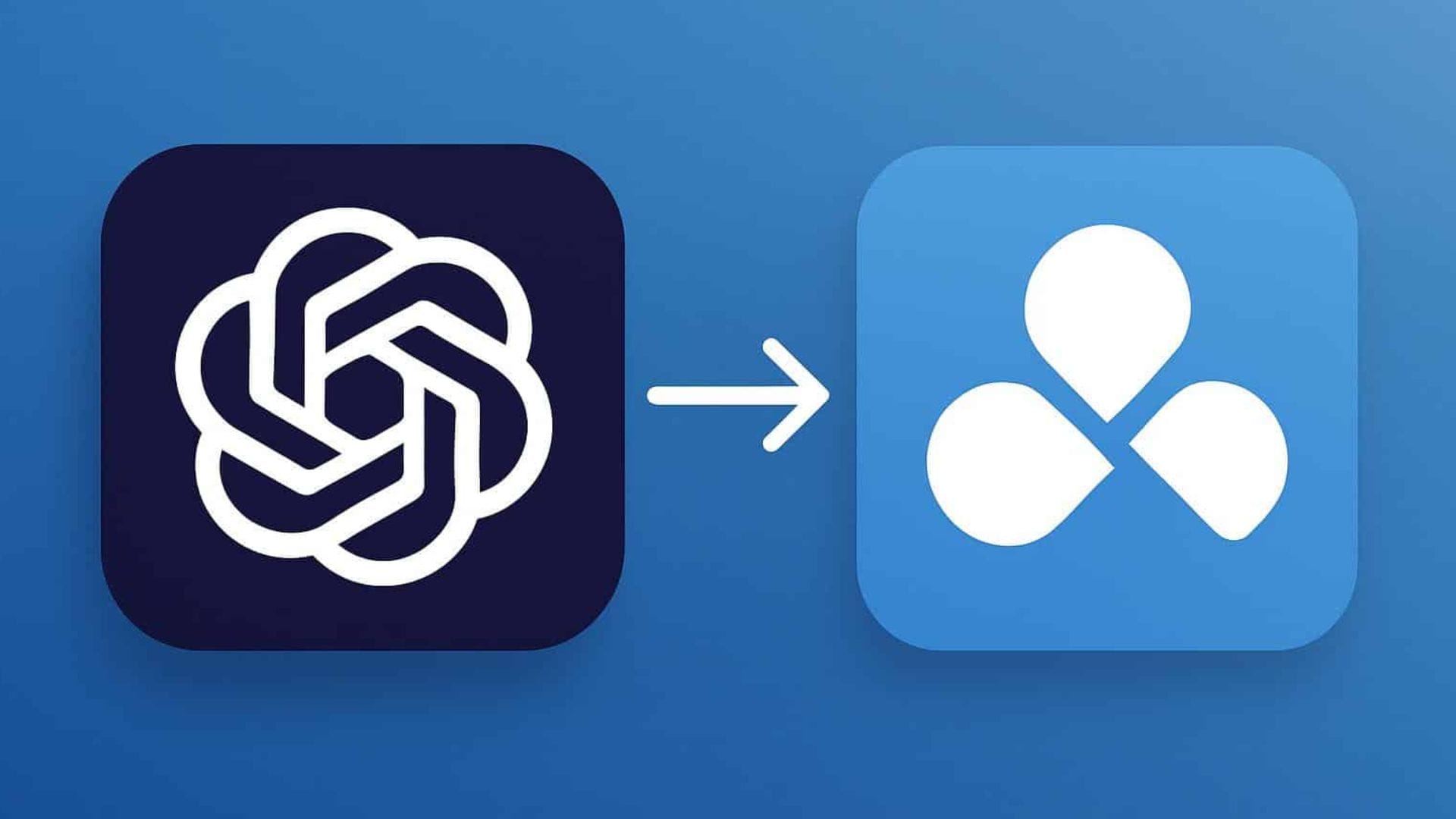OpenAI expands into personal finance with acquisition of Roi app
OpenAI acquires Roi, an AI-powered investing app, signalling a move into personal finance and expanding its growing ecosystem of AI technologies.

OpenAI has acquired Roi, an AI-powered personal investing application, just one day after surpassing SpaceX to become the world’s most valuable private company. Roi offers users a single platform to manage their financial portfolios, alongside an AI chatbot designed to deliver personalised investment advice.
Table Of Content
Although the financial terms of the acquisition were not disclosed, TechCrunch reported that Sujith Vishwajith, Roi’s chief executive officer and co-founder, will be the only team member joining OpenAI following the deal.
The move marks OpenAI’s latest step in broadening its AI ecosystem beyond traditional conversational tools, suggesting that the company may be positioning itself to integrate financial advisory capabilities into its technology suite.
Expanding AI’s role in personal finance
Roi’s integration into OpenAI’s operations could signal a future where artificial intelligence takes on a more proactive role in personal finance management. Rather than serving merely as a reactive chatbot, OpenAI’s technology could evolve into a “proactive assistant” capable of understanding individual user preferences, offering real-time financial insights, and managing complex portfolios.
The concept aligns with OpenAI’s recent focus on developing AI tools that go beyond general knowledge queries. In a previous blog post introducing its Pulse project, OpenAI described its goal of creating assistants that anticipate user needs and deliver tailored recommendations. The acquisition of Roi could accelerate this vision by blending advanced conversational AI with financial analytics.
While OpenAI has not outlined specific plans for Roi’s technology, industry analysts suggest that the move could eventually lead to new consumer-facing tools within ChatGPT or entirely new financial AI products. Such tools could position OpenAI as a major player in fintech, an area that continues to attract global interest from both established financial institutions and emerging startups.
A growing trend of strategic acquisitions
This acquisition continues a pattern of strategic purchases by OpenAI aimed at expanding the scope and capability of its AI ecosystem. In May, OpenAI acquired io, an AI hardware startup co-founded by former Apple designer Jony Ive, for US$6.5 billion. The acquisition was viewed as a move to strengthen OpenAI’s ability to develop integrated hardware solutions for its software platforms.
Later, in September, OpenAI invested an additional US$1.1 billion to acquire Statsig, a company specialising in product testing and experimentation. That acquisition was seen as part of OpenAI’s strategy to enhance its internal product development and accelerate the rollout of new features for its flagship ChatGPT platform.
The purchase of Roi reflects OpenAI’s continued commitment to diversifying its portfolio beyond conversational AI and machine learning research. As the company continues to dominate the artificial intelligence sector, these acquisitions suggest a broader ambition to create an interconnected AI ecosystem capable of reshaping multiple industries—from productivity and communication to finance and beyond.
OpenAI’s long-term outlook
OpenAI’s move into personal finance may represent just the beginning of a wider expansion into areas where AI can deliver practical, data-driven decision-making support. By leveraging Roi’s personalised investing technology, OpenAI has an opportunity to develop products that help users navigate increasingly complex financial markets.
As the company continues to grow, its acquisitions indicate a strategy focused on deepening AI’s role in everyday life—enhancing not only how people search for information but also how they manage their finances, health, and productivity.
If successful, OpenAI’s entry into personal finance could mark a new era in AI-driven financial services, where intelligent systems serve as active partners in users’ long-term financial planning.
















